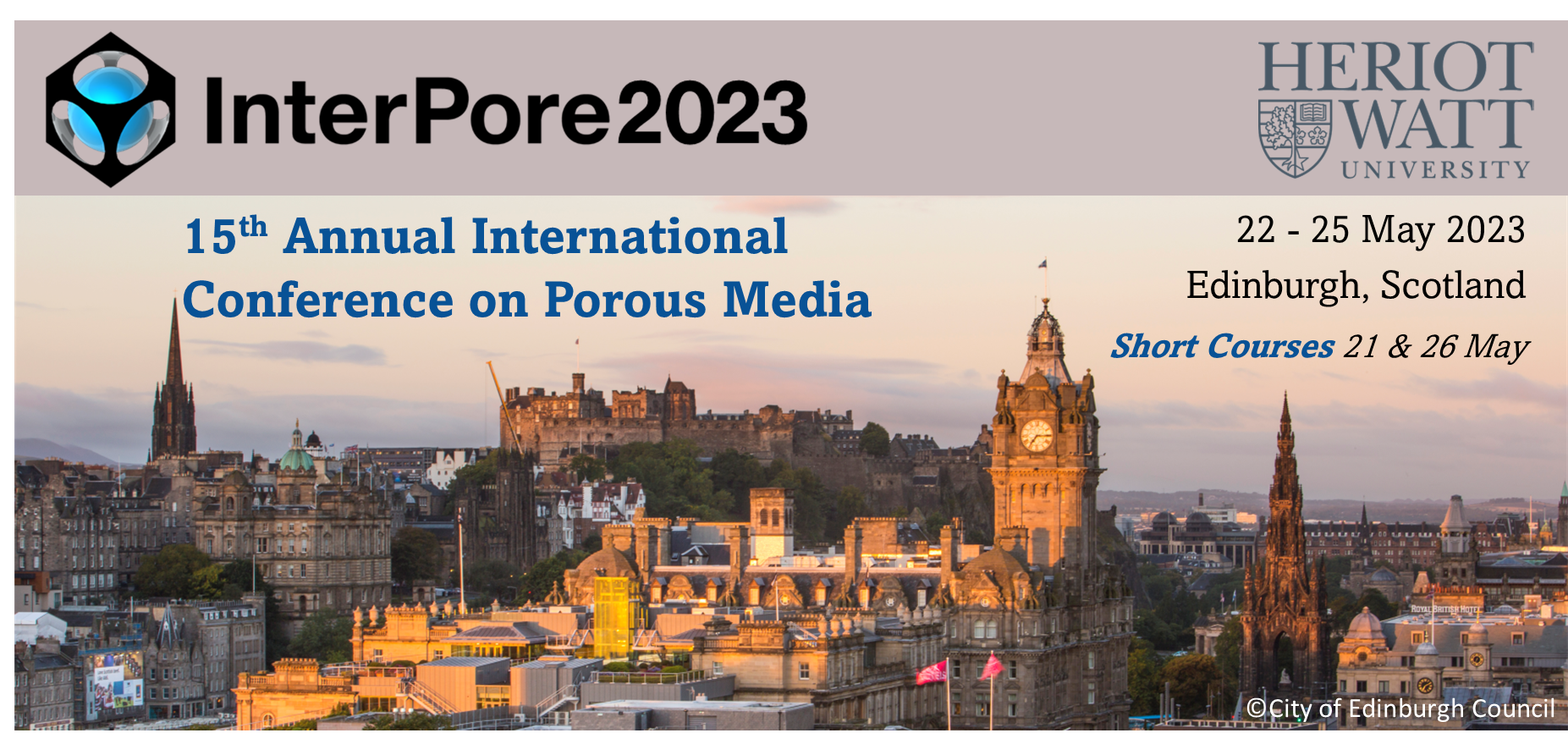Speaker
Description
The production of heavy oil is challenging because of its higher viscosity and lower mobility. Although thermal-based methods are useful to cope with these problems through heat injection, the application of thermal recovery method are expensive and not always effective methods. Therefore, different alternatives were considered with respect to conditions of heavy oil reservoirs. Non-condensate gases like flue gas injection is widely used in heavy oil recovery. The flue gas includes approximately 80% N2 and 20% CO2 [1] . The flue gas injection is an effective method for improving not only heavy oil recovery, but also environmental issues. The flue gas injection can increase recovery efficiency by gas expansion, viscosity reduction, and reservoir repressurization. In addition, the interaction of flue gas components with reservoir fluid under high temperature and pressure conditions of reservoir contributes to higher recovery factor of heavy oil [2]. Numerical study was carried out to investigate the effect of CO2 percentages of flue gas on oil production performance. The numerical results showed that reservoir pressure in higher CO2 percentage has experienced larger decrease during flue gas injection. This can be attributed to higher solubility of CO2 than N2 in heavy oil at the same reservoir temperature. The presence of gas solution in heavy oil contributes to higher performance of oil production. The main reason for it can be viscosity reduction in heavy oil. In fact, the solution gas composition in the heavy oil provides a driving force for increasing heavy oil mobility in terms of the CO2 content [3]. The higher tendency of CO2 in flue gas to form miscibility with heavy oil components not only enhances heavy oil production performance, but also reduces CO2 emission by different industries as long as the injected CO2 is captured and recycled.
Fig. 1. Pressure distribution at injection (a) CO2 100% (b) CO2 20%-N2 80%
Fig. 2. Pressure drop in the reservoir
Fig. 3. Cumulative oil produced in production well
References
[1] N. Bueno Zapata, J. M. Mejía Cárdenas, and J. J. Martínez Paternina, “Flue gas and nitrogen co-injection during cyclic steam stimulation in heavy oil reservoirs: a numerical evaluation,” DYNA, vol. 88, no. 218, pp. 127–135, Aug. 2021, doi: 10.15446/dyna.v88n218.90341.
[2] X. He et al., “A Critical Review Using CO2 and N2 of Enhanced Heavy-Oil-Recovery Technologies in China,” Appl. Sci., vol. 12, no. 24, p. 12585, Dec. 2022, doi: 10.3390/app122412585.
[3] J. Qin, J. Zhang, S. Zhu, Y. Wang, and T. Wan, “Multi-Component Thermal Fluid Injection Performance in Recovery of Heavy Oil Reservoirs,” Front. Energy Res., vol. 9, 2021, Accessed: Jan. 03, 2023. [Online]. Available: https://www.frontiersin.org/articles/10.3389/fenrg.2021.803540
| Participation | In-Person |
|---|---|
| Country | Turkey |
| Energy Transition Focused Abstracts | This abstract is related to Energy Transition |
| MDPI Energies Student Poster Award | No, do not submit my presenation for the student posters award. |
| Acceptance of the Terms & Conditions | Click here to agree |







